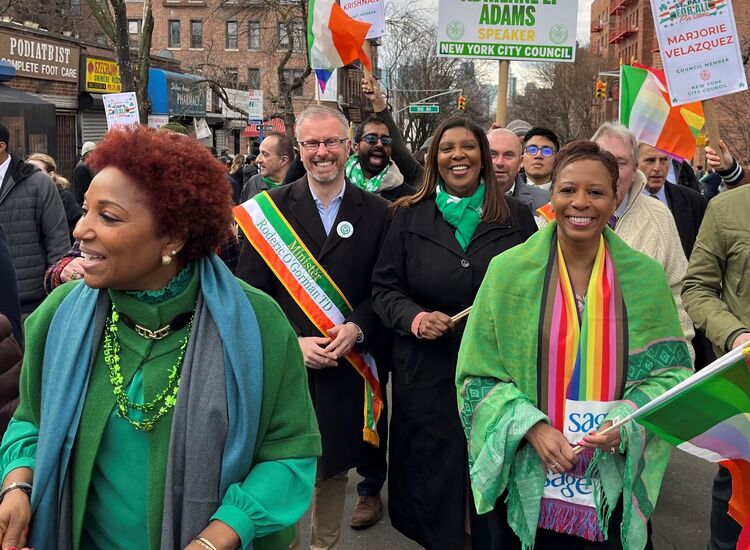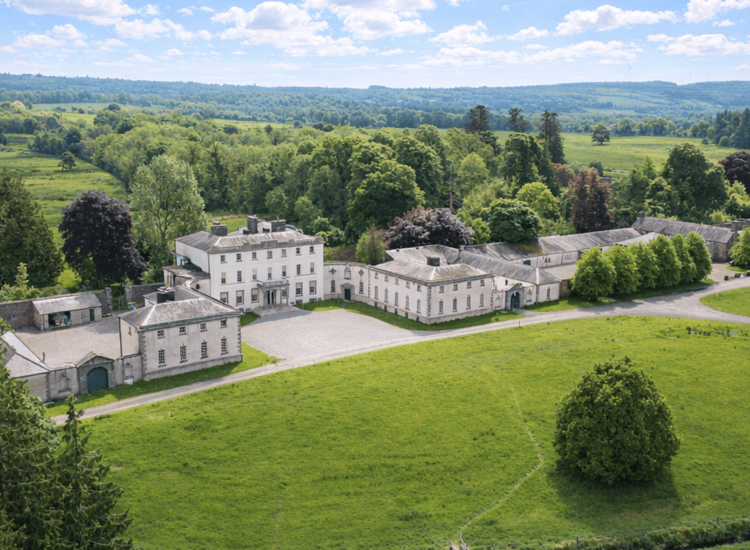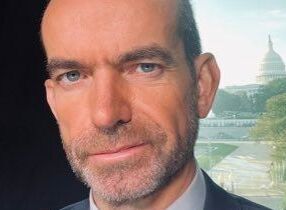[caption id="attachment_67158" align="aligncenter" width="600" caption="Gregory Murphy. "]
The action for Gregory Murphy's novel "Incognito" takes place in New York in and around 1911 and involves a dispute over a piece of property on Long Island. One hundred years on, Murphy is himself involved in an ownership battle of sorts in the courts with actress Emma Thompson around his play "The Countess," which was produced Off Broadway and the West End in London.
It's based on the disastrous, annulled marriage of the Victorian art critic John Ruskin. His wife Effie later married painter John Everett Millais, with whom she had eight children. In a detailed account for the Daily Mail in April, Murphy described meeting Thompson in an effort to resolve the issue. He contends that her "Eppie" follows his screenplay of "The Countess" in its "time-frame, character development, structure and tone."
Murphy turned down an initial financial offer of £10,000 to settle. Eventually, the lawyers for "Eppie" offered in writing a low six-figure sum and a screenwriting credit, but negotiations broke down when they refused to give Murphy 50 percent of the amount on signing as is customary.
In contrast, Sybil Curtis in "Incognito" will not settle for any amount.
What is your latest book, "Incognito," about?
The main character, William Dysart, an aristocratic young lawyer, is asked to negotiate the purchase of a small piece of property adjoining the 2,000-acre estate of the widow of a Wall Street financier. William at first believes the request merely an annoying accommodation to a powerful client, but after a number of encounters with Sybil Curtis, the enigmatic young woman who owns the property, he begins to suspect that far more is at stake than a few acres of land. As William persists in his attempt to understand what that might be, the mystery surrounding Sybil Curtis's identity only deepens until it begins to strike at the heart of his world.
What is your writing routine? Are there ideal conditions?
I start an hour or so after I get up and usually write for four hours. There are, of course, days when two hours is a struggle and I stop, and others when I can write for eight hours or more. I think the ideal conditions for writing are solitude, coffee and a window with a view. Add a cigarette or two -- even better -- but I try to avoid them. I have never found the inevitable loneliness of writing a problem, perhaps because I was one of eleven and solitude was always such a luxury.
What advice do you have for aspiring writers?
Write everyday and read everything you can by writers you admire to learn from them. I would also read one of the many good books out there on the craft of writing -- there are certain rules you really have to know. A novel is a work of architecture as much as it is anything else. I don't believe in classes for writers. If you've got talent and persistence you will eventually find a publisher (and an editor).
Name three books that are memorable in terms of your reading pleasure.
"The House of Mirth" by Edith Wharton; "Middlemarch" by George Eliot; "The Catcher in the Rye" by J.D. Salinger.
What book are you currently reading?
"The Man in the Rockefeller Suit" by Mark Seal.
Is there a book you wish you had written?
"A Christmas Carol" by Charles Dickens.
Name a book that you were pleasantly surprised by.
"The American" by Henry James.
If you could meet one author, living or dead, who would it be?
Charles Dickens.
What book changed your life?
"Middlemarch" by George Eliot.
What is your favorite spot in Ireland?
I'm visiting Ireland for the first time this Christmas. I'm really looking forward to seeing Dublin, because of its architecture and history.
You're Irish if . . .
... authority makes you laugh and words make you cry.








